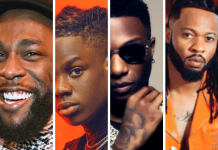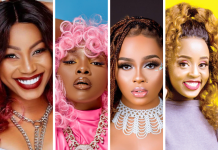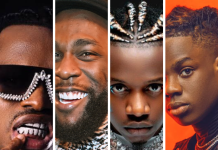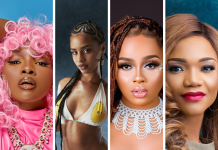
One of the standout chart-toppers of the year is “Water” by Tyla, the talented South African artist. Propelled to global recognition, the track gained immense popularity through TikTok, solidifying its place as one of the defining hits of 2023.
However, Tyla’s identification of herself as a “Colored” individual has sparked controversy and division among her fanbase in both the United States and South Africa. This term holds vastly different connotations in these regions, contributing to heated discussions among supporters and dissenters.
In the United States, the usage of the term “Colored” is widely considered derogatory, especially within the context of referring to Black individuals. The term originated during the Jim Crow era, a dark period of racial segregation, which has since shaped the perception of its usage.
Conversely, in South Africa, “Colored” holds an official status as a racial category for individuals of mixed heritage. Its history traces back to the Apartheid regime, where it was adopted and institutionalized, and today remains recognized by the majority, including the current government.
The differing historical and cultural backgrounds have led to ongoing debates, with some fans supporting its usage in the context of South Africa’s racial classification system, while others oppose it due to its negative associations in the U.S.
The complexity of this term’s history, originating from two distinct societal contexts, has ignited discussions highlighting the importance of understanding regional perspectives and historical backgrounds when discussing sensitive racial terminology.















